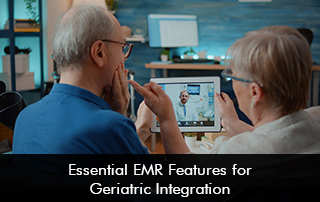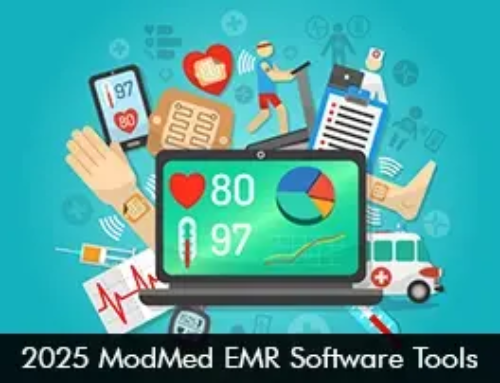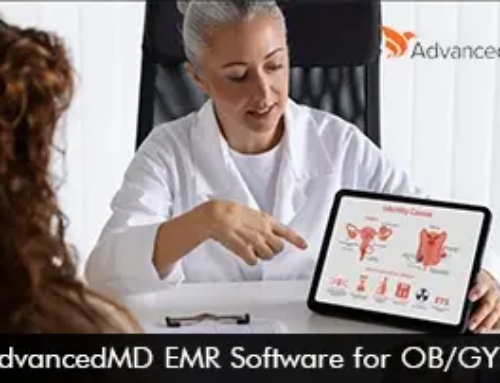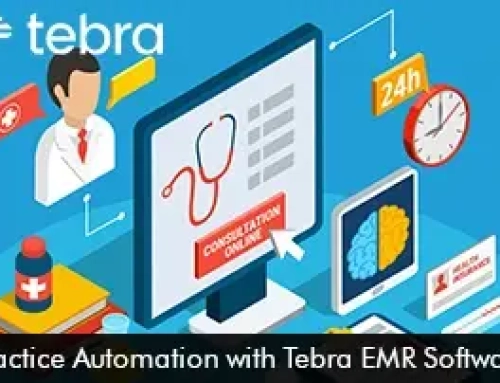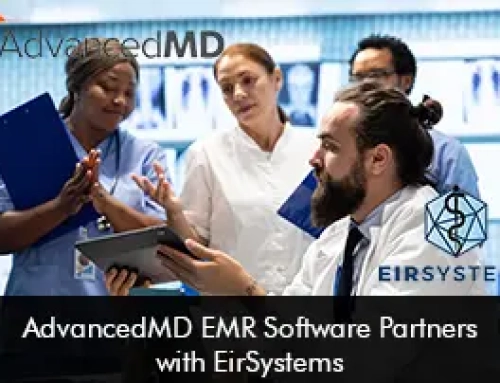The geriatric specialty focuses on the healthcare needs of older adults, addressing complex conditions and multiple co-morbidities. With a growing aging population, geriatric practices require tools that can help deliver high-quality, coordinated care. Electronic Medical Records (EMR) software specifically tailored to geriatric needs can streamline care management, improve patient outcomes, and enhance provider efficiency. Here, we’ll explores the key features of Geriatric EMR software and highlight the top software options for geriatric integration.
Key Features for Geriatric Integration in EMR Software
- Comprehensive Patient History Management
Older adults often have extensive medical histories that span decades. Geriatric EMR software must provide a comprehensive patient history management system that allows providers to access a complete overview of the patient’s medical background, including past diagnoses, surgeries, medications, and allergies. This feature ensures that care providers have the information they need to make informed decisions about treatment plans.
- Medication Management and Polypharmacy Monitoring
Polypharmacy, or the use of multiple medications, is common among elderly patients. Geriatric EMR software must offer advanced medication management features, such as drug interaction alerts, medication tracking, and reminders. These tools help prevent adverse drug reactions and improve medication adherence, which is critical for older patients with multiple prescriptions.
- Care Coordination and Interoperability
Geriatric care often involves multiple healthcare providers, including specialists, home health aides, and social workers. Effective care coordination is essential, and the best geriatric EMR software should support interoperability, allowing seamless sharing of patient information across different healthcare settings. This feature ensures continuity of care and helps reduce duplicative tests and procedures.
- Assessment Tools for Cognitive and Functional Status
Many geriatric patients experience cognitive decline or functional impairments. Geriatric EMR systems should include built-in assessment tools for evaluating cognitive status, such as memory and mental health screening tests, and functional assessments to determine the patient’s ability to perform activities of daily living. These tools help providers monitor changes in cognitive and functional abilities over time, allowing for timely interventions.
- Customized Geriatric Templates
Geriatric-specific EMR software should offer customized templates for common geriatric assessments and conditions, such as fall risk evaluations, mobility assessments, and frailty screenings. These templates save time and ensure that all necessary information is documented accurately, streamlining patient visits and improving documentation consistency.
- Patient and Family Engagement Tools
Family members often play an essential role in the care of older adults. Geriatric EMR software should include patient portals that enable patients and their families to access medical records, communicate with healthcare providers, and stay informed about treatment plans. These tools facilitate greater engagement from both patients and their caregivers, enhancing the quality of care provided.
- Chronic Disease Management
Geriatric patients often have chronic health conditions such as diabetes, hypertension, or arthritis. The EMR should provide robust chronic disease management features, including reminders for follow-up visits, preventive care, and personalized care plans. This helps providers stay on top of the patient’s ongoing healthcare needs and ensures that chronic conditions are effectively managed.
Top Geriatric EMR Software Options
When it comes to selecting the best geriatric EMR software, a few platforms stand out for their geriatric-friendly features and ease of integration. Some top options include:
- Practice Fusion: Known for its user-friendly interface and customization options, Practice Fusion offers specialized templates for geriatric care and robust medication management tools.
- GE Centricity: This EMR offers advanced interoperability and care coordination features, making it ideal for geriatric practices involving multiple providers.
- Cerner PowerChart: Cerner’s EMR system provides a comprehensive solution for geriatric care, with assessment tools for cognitive health and functional status, as well as strong chronic disease management features.
- Allscripts Sunrise: Allscripts Sunrise is a highly customizable EMR that offers excellent tools for care coordination, medication management, and cognitive assessments, making it a great fit for geriatric practices.
- Epic: Epic’s EMR is well-known for its patient engagement tools, allowing easy access to health information for both patients and their families, making it a solid choice for geriatric practices focused on family involvement.
Choosing the right EMR software for geriatric integration can make a significant difference in delivering quality care to older adults. Features like comprehensive patient history management, polypharmacy monitoring, care coordination, and cognitive assessment tools are critical for ensuring that elderly patients receive the best possible care. By selecting specialized Geriatric EMR software, healthcare providers can enhance efficiency, improve patient outcomes, and create a more seamless healthcare experience for older adults and their families.


